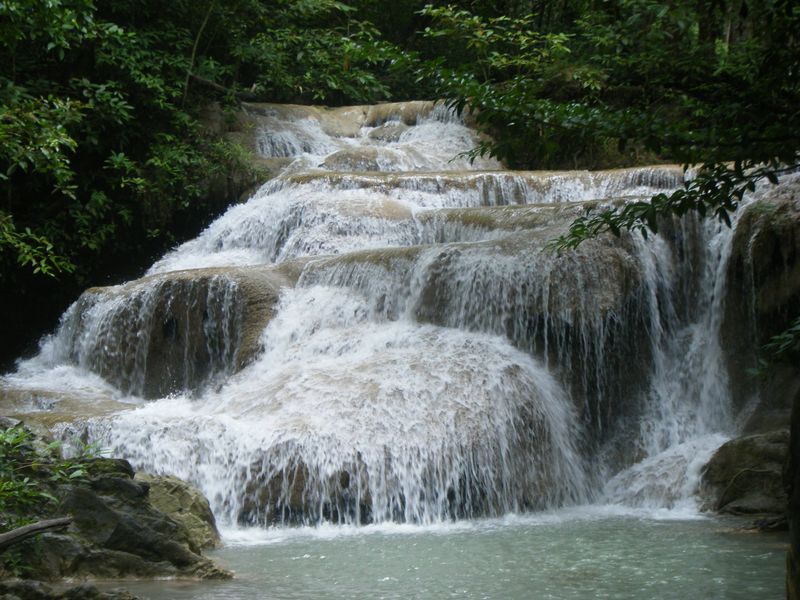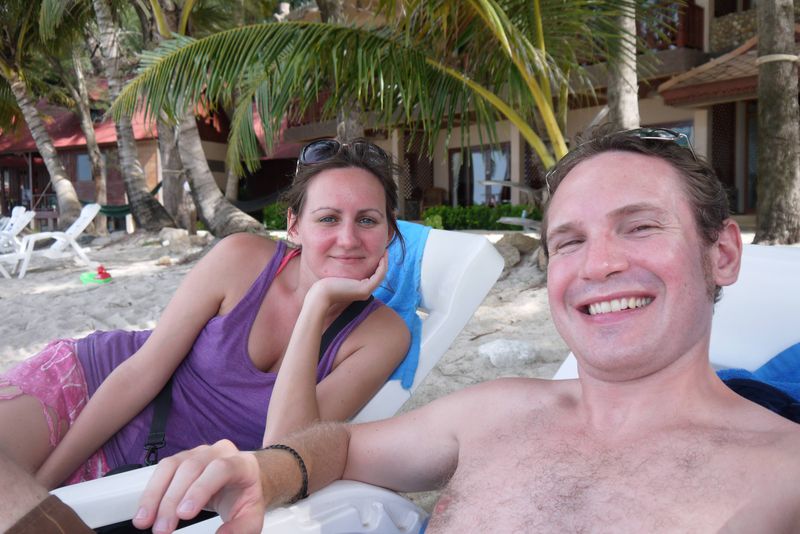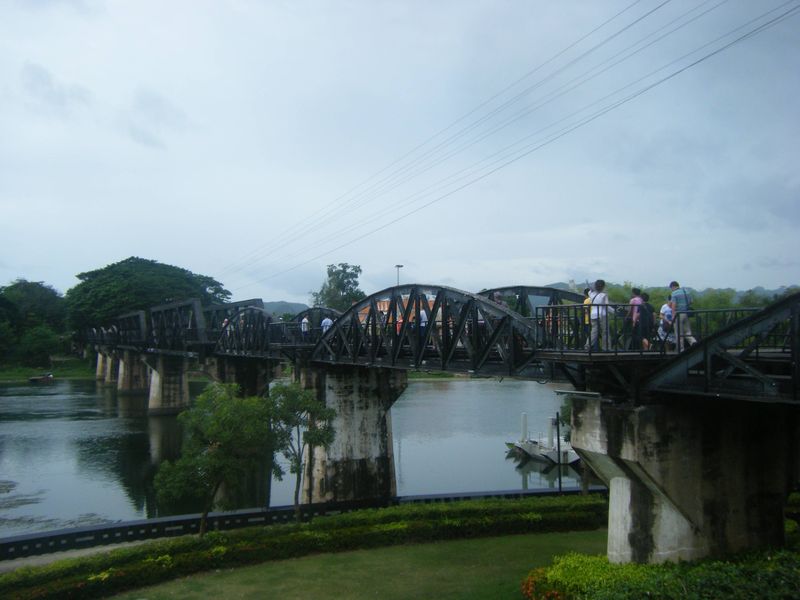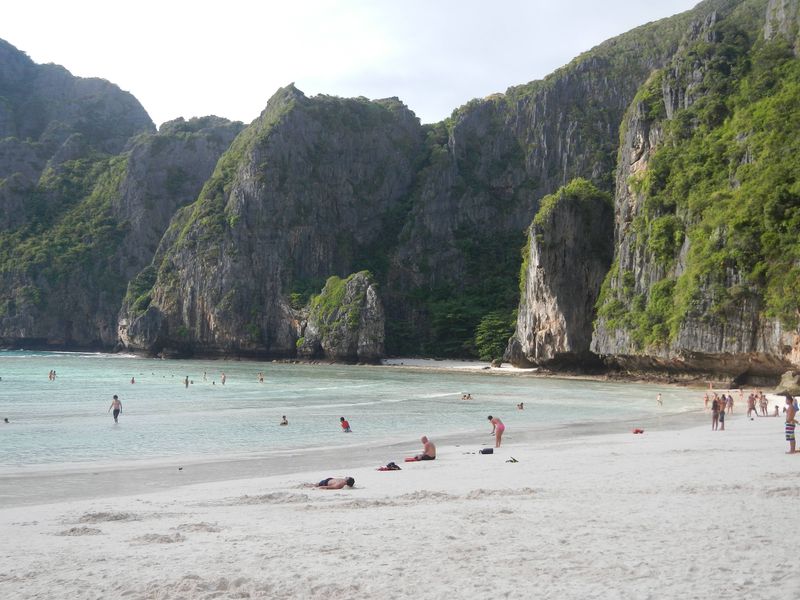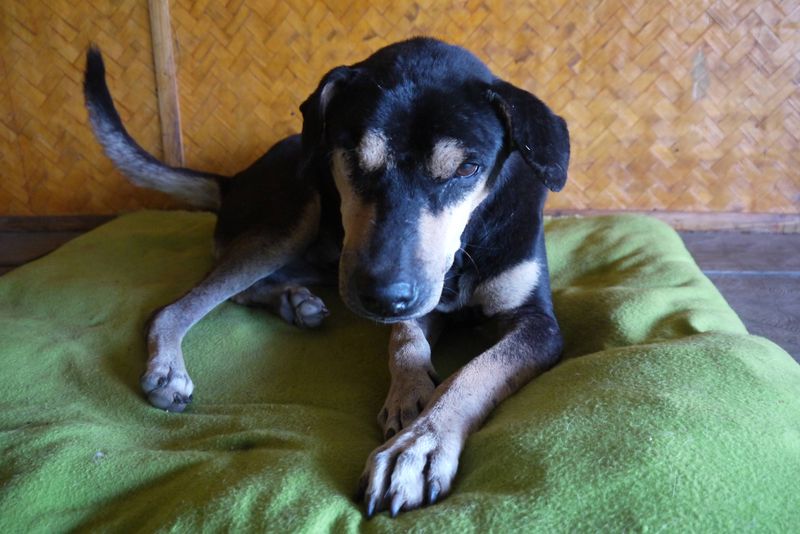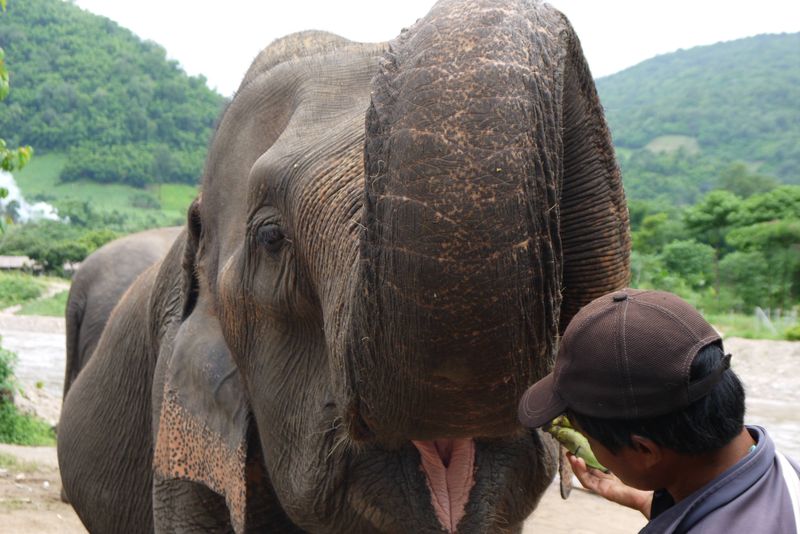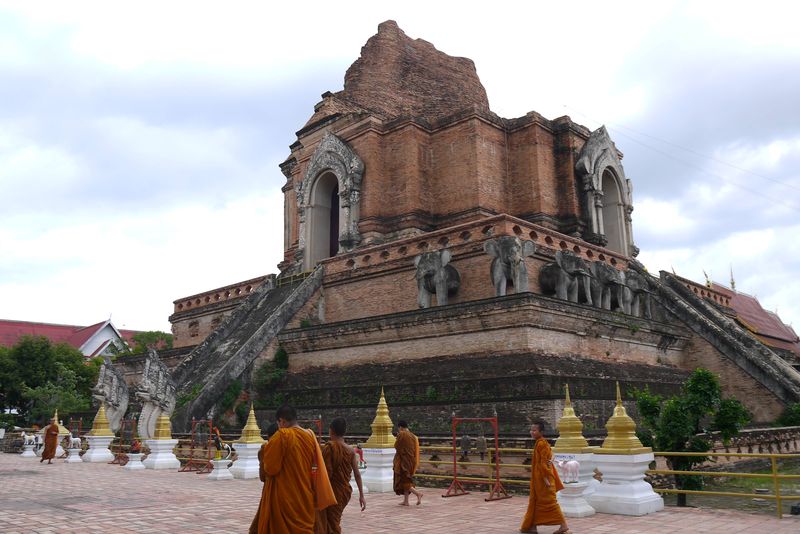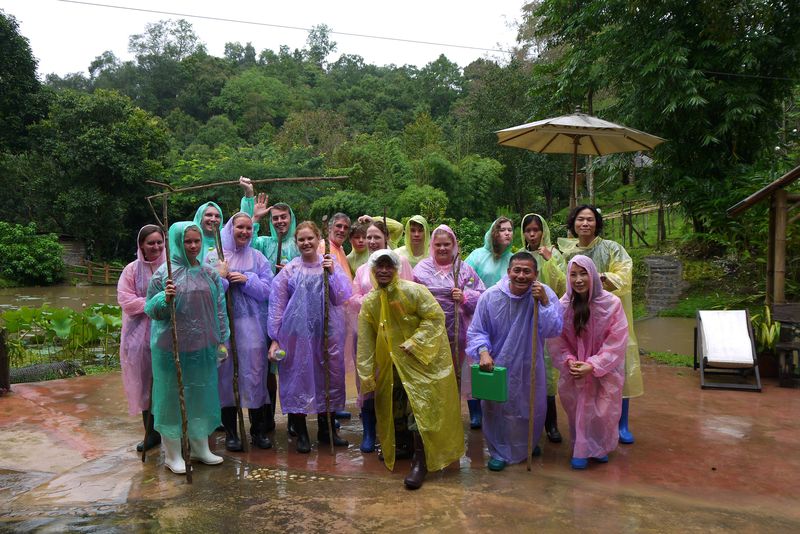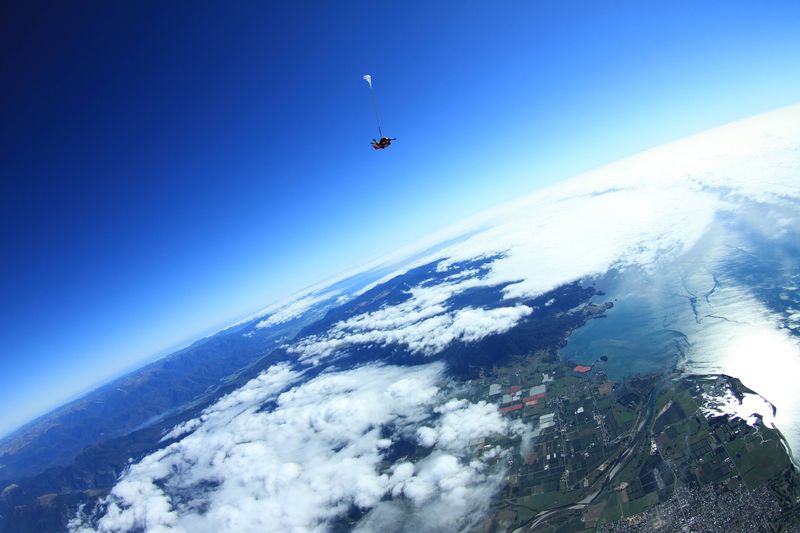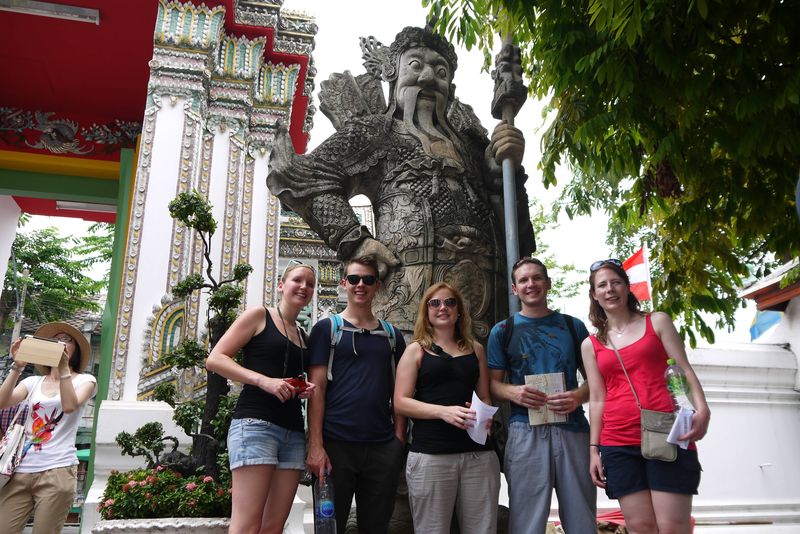Exploring Waterfalls at Erawan National Park
One of the most tranquil places we’ve visited in Thailand so far is Erawan National Park; the highlight of which is a beautiful seven-tiered waterfall in the middle of the forest. We made several visits to Erawan with family and friends over the summer and it was a firm favourite - here are some of our best snaps of the spectacular Erawan waterfalls. 03 December, 2013 / 11 Comments





